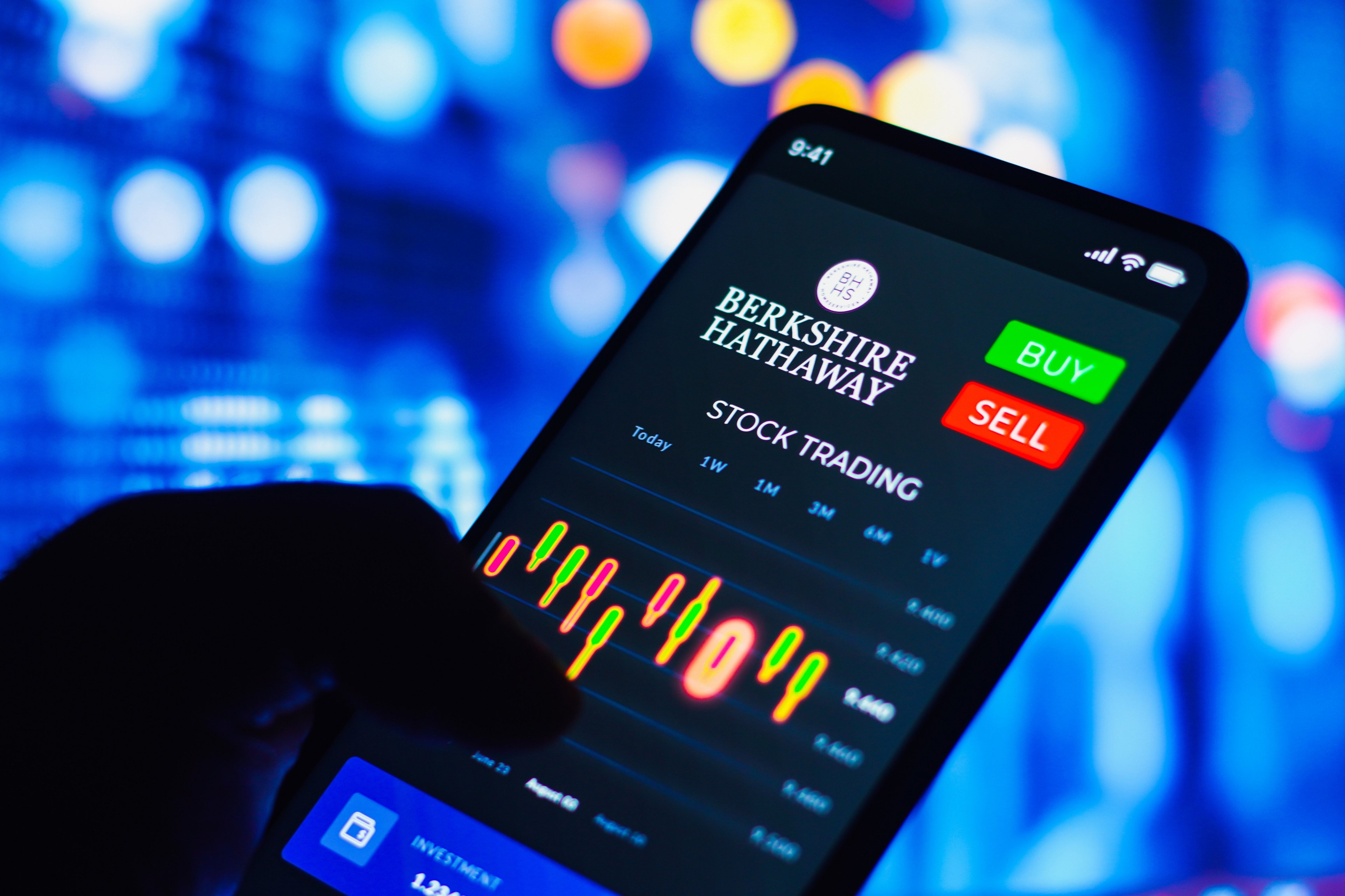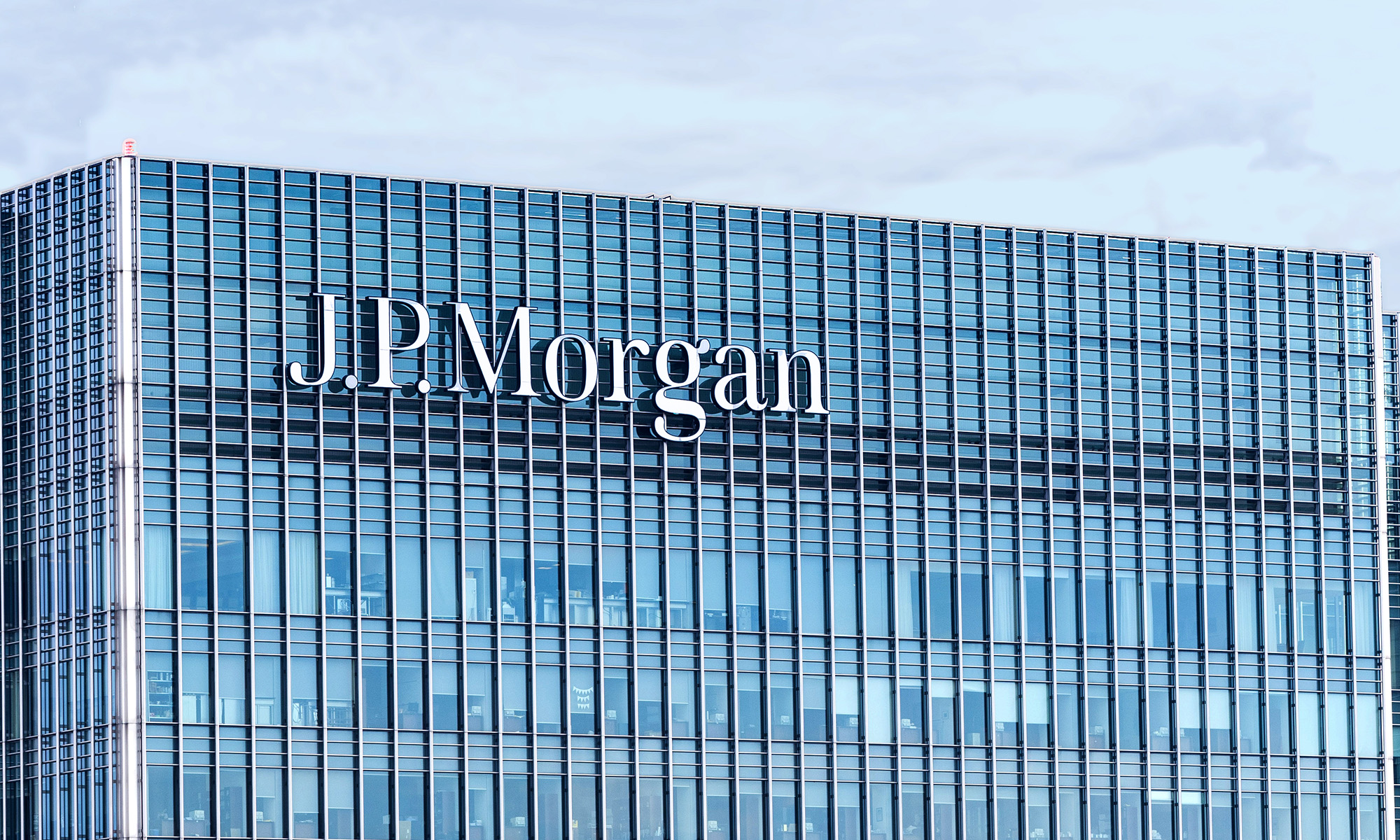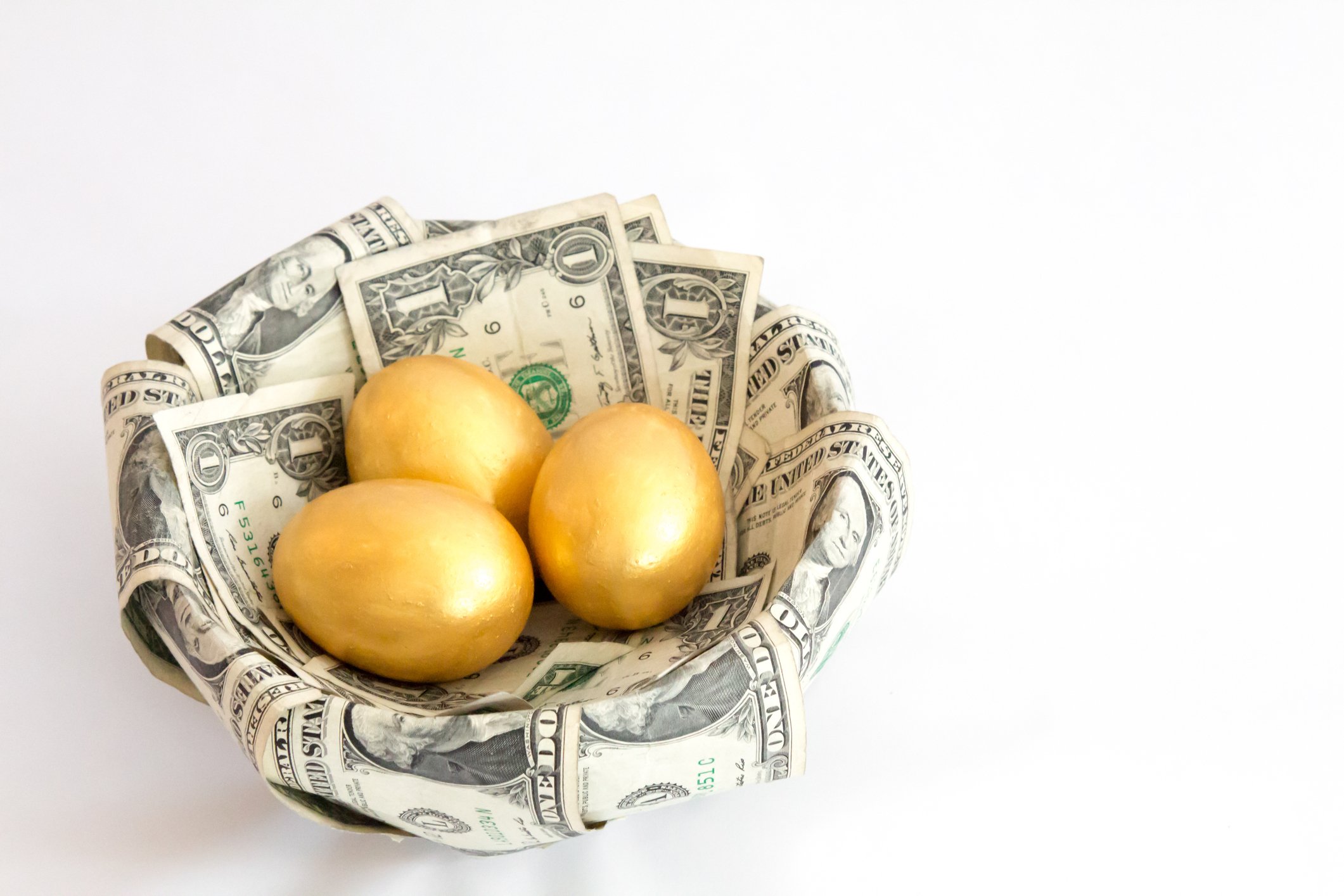President Trump recently nominated Jerome Powell to be the next Federal Reserve chair. In this clip, Michael Douglass and Matt Frankel discuss what investors should know about Powell and what he could mean for the U.S. economy and regulatory climate.
A full transcript follows the video.
This video was recorded on Nov. 6, 2017.
Michael Douglass: Let's turn to our first piece of news. It looks like we have a new Fed chair.
Matt Frankel: We do. Donald Trump picked Jerome Powell, just as expected. He will take office in February.
Douglass: Donald Trump was looking at a lot of different potential Fed nominees. You had Kevin Warsh, you had Janet Yellen herself, you had a number of different possibilities. Jerome Powell is a stay-to-the-course candidate. There isn't a lot of daylight between him and Yellen in terms of their viewpoints in how to do Fed policy, and how things work from here.
Frankel: Right. This was the least controversial pick Trump could have made while still making the Fed his own. Powell is unlikely to deviate from Janet Yellen's trajectory at all. He's actually always voted with the majority since he's been on the Fed board of directors. He's the path of least resistance to what's going on right now. There's a small difference between him and Yellen in that he's a little more in favor of looser financial regulations, especially when it comes to smaller banks. So, you can kind of see why Trump would align with him a little bit more than Yellen.
Douglass: Sure. We'll talk more about financial deregulation, or at least, fighting back against financial regulation a little bit later with another of our news pieces. But, this is certainly one of those broad cycles that you tend to see in finance, where something will happen, there will be a panic or a crisis or something a la, hopefully not as bad, of course, the 2008/2009 financial meltdown. But when that happens, usually the government will step in with a lot of regulations that will depress bank profitability, but also help them better control risk, force them to control risk a little bit. Then, over time, that'll get taken down, and there will be a deregulatory cycle. So this might -- and, emphasis on might -- be one of the signs that begins to signal some of that movement toward looser regulations for banks.
Frankel: Right. First, you see a knee-jerk reaction to a crisis, or tough economic environment. Then, over time, you'll see them realize that they might have gone a little too far, that some of the regulations might be doing a little more harm than good, costing a little more than they're worth, excluding certain people from credit who should be able to get credit. So that's the argument in favor of winding down some of these regulations.
Douglass: But for me, and I think for anyone watching this story, the key thing here is, Donald Trump had a chance to make a big change and he chose not to. That's good news for people who think that the economy is generally heading in the right direction. And certainly, the stock market reacted positively. So, at least in the short-term, that's very good news for investors, too. Any other thoughts on that, Matt?
Frankel: No. I think if he had chosen any of the other nominations, we would have had a lot more to talk about.
Douglass: Yes, that's extraordinarily true.





